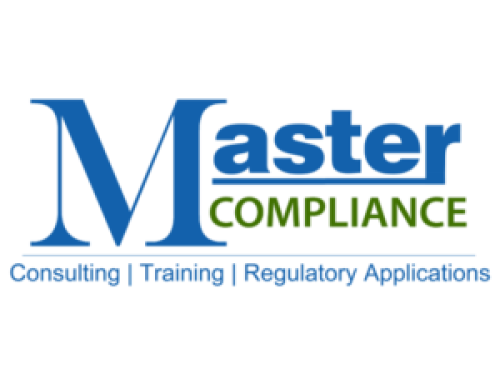[Continued from ERA: Exempt Reporting Adviser Qualification – Part I]
SEC ERA Registration vs. State ERA Registration
Firms with more than $100 million in regulatory AUM (Large Advisers) must register with the SEC unless an exemption is available. Advisers with between $100 million and $150 million AUM solely attributable to private funds are exempt under the private fund adviser exemption, as described above. Advisers with over $150 million AUM must register with the SEC.
A firm with between $25 million and $100 million (Mid-Sized Advisers) must consult its home-state investment adviser laws to determine if it should file an ERA or register as an investment adviser in that state. Many states have regulations providing for exemptions from registration for advisers to certain types of private funds – essentially, ERA registration at the state level.
Generally, Mid-Sized Advisers must register with the relevant state regulatory authority. A Mid-Sized Adviser would register with the SEC only if the firm is not:
- Subject to examination as an adviser by the state where it maintains its principal office and place of business; or
- Required to be registered as an adviser with the state securities authority in the state where it maintains its principal office and place of business.
If an adviser does not need to register with or file as an ERA with a state regulatory authority, it must either register with the SEC or fall within the private fund adviser exemption or the venture capital fund adviser exemption.
Federal ERAs
At the federal level, ERAs are required to file annual updating amendments to Form ADV, just like Registered Investment Advisers (RIAs), and more frequently for material developments as required by the instructions to Form ADV. ERAs with a non-resident general partner or managing agent must also submit a Form ADV-NR. However, an ERA needs to only complete select items and schedules in Form ADV Part 1A and does not need to prepare a Form ADV Part 2A firm brochure.
ERAs are subject to Section 204 of the Advisers Act and thus must implement written policies and procedures reasonably designed to prevent the misuse of material non-public information (MNPI). Additionally, compliance requirements that apply to all advisers regardless of registration status apply to federally-filed ERAs. This includes the anti-fraud requirements of Section 206 of the Advisers Act and the SEC’s “pay to play” provisions. Further, ERAs may be subject to SEC “for cause” examinations when the Commission believes there have been indications of wrongdoing (e.g., examinations prompted by tips, complaints, and referrals). This taken into account, presently, the SEC does not anticipate that it will conduct routine examinations of ERAs, although it has the authority to do so.


